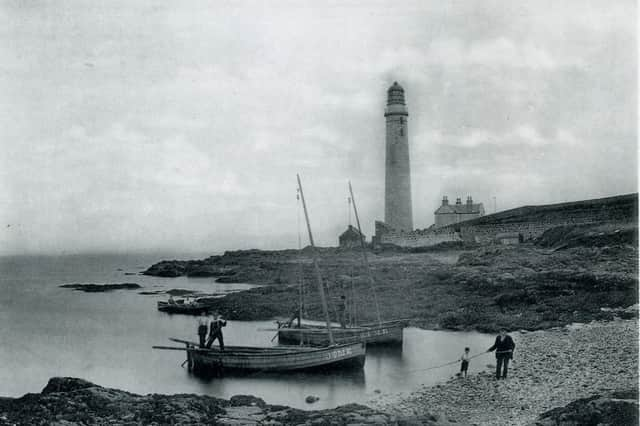Gable Ender


Nowhere was safe from the press gang. It didn’t matter whether potential targets were at sea or ashore, any likely looking lad could be plucked from the capstan, counter or plough. The gangs didn’t stand on ceremony and their methods tended to be both summary and high-handed.
It was possible to get an exemption certificate if you were a member of a certain class or you could buy an exemption certificate but these were expensive and, even worse, often simply ignored. As a result, many fishermen left the industry during the late 19th century, adding to the industry’s problems.
Advertisement
Advertisement
Even getting someone as a stand-in was fraught with difficulties. One lady told of her great- grandfather’s experience of the press gang and the problems of engaging a suitable stand-in. “He was wanted by the takers, but he paid another man £50 to take his place. But the ither man had a halt in his going (presumably a problem in the way he walked) an they widna tak him; so my great grandfather lost his £50 and had to ging aifter a”.
In fact, the situation got so bad that many young men left the fishing industry and bound themselves to colliers in Fife.
The Revolutionary and Napoleonic Wars against France did nothing to alleviate the problems and the decline continued, although an Act of Parliament decreed that ‘no-one engaged in the taking, curing or selling of fish was to be pressed’.
Those who had been pressed returned home they often had different expectations of life and sometimes even a nest egg of prize money they had earned. Nevertheless, it was a hard life and many pressed men simply didn’t survive the experience. By the end of the Napoleonic War in 1815 it was finally realised that press ganging was an inefficient way of getting men into the Navy as many deserted at the first opportunity and the practice was stopped. One of driving forces behind abolition was Montrose-born MP Joseph Hume.